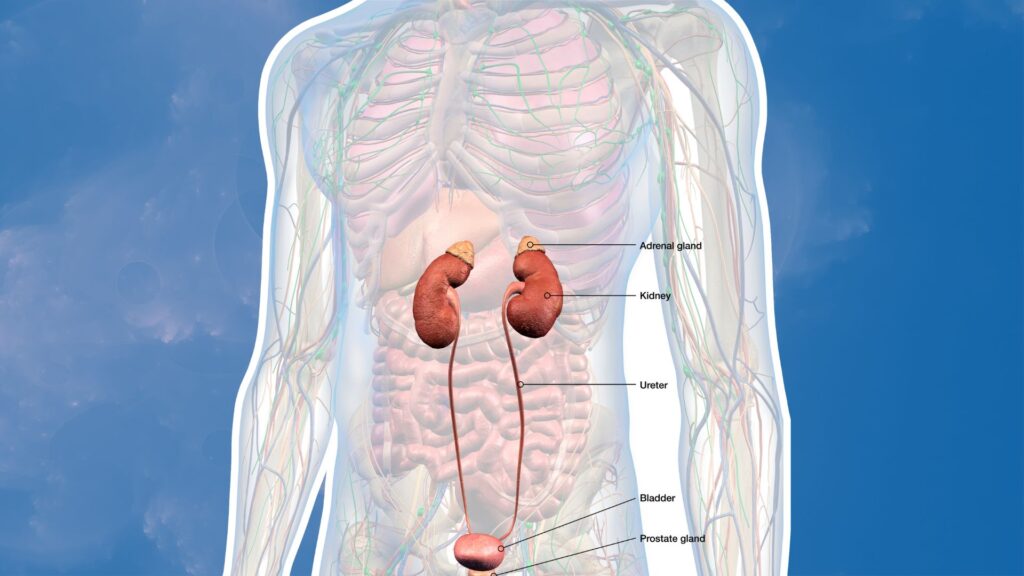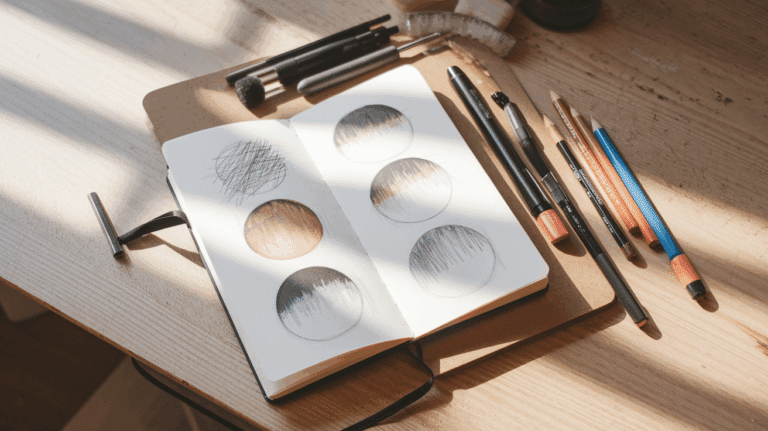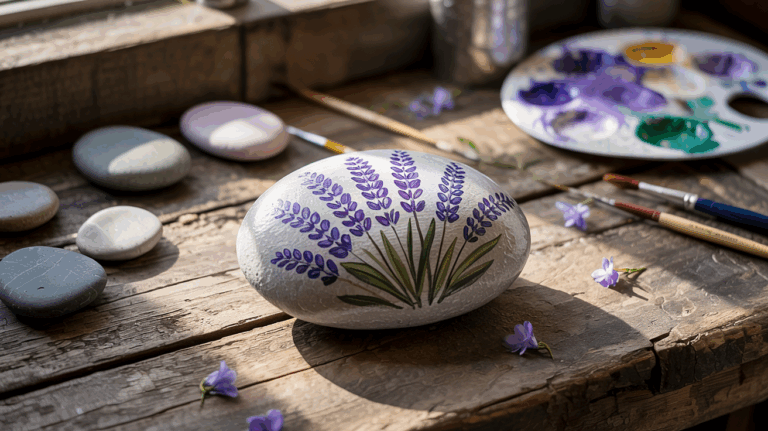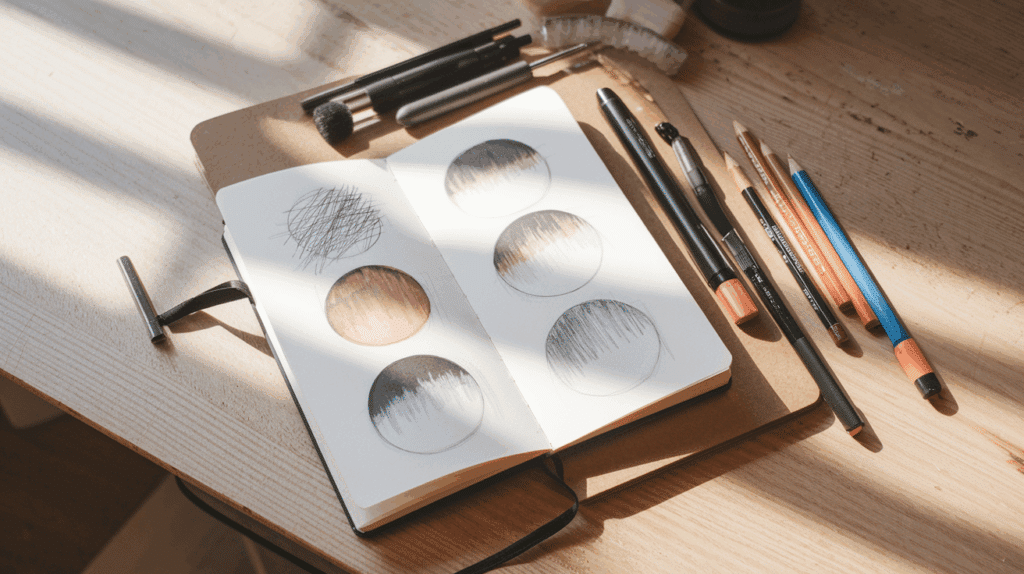Let’s face it: the excretory system isn’t the most glamorous topic. But it’s a vital part of our body that keeps us healthy and functioning. I get it – you might think it’s just about peeing, but there’s so much more to it!
I promise you’ll be amazed by the facts I’ve gathered about this underappreciated system. From the incredible filtration power of your kidneys to the surprising roles of your skin and lungs, you’re in for some eye-opening information.
In this post, I’ll share over 25+ super interesting facts about the excretory system that will change how you think about your body’s waste management team.
Basics of the Excretory System
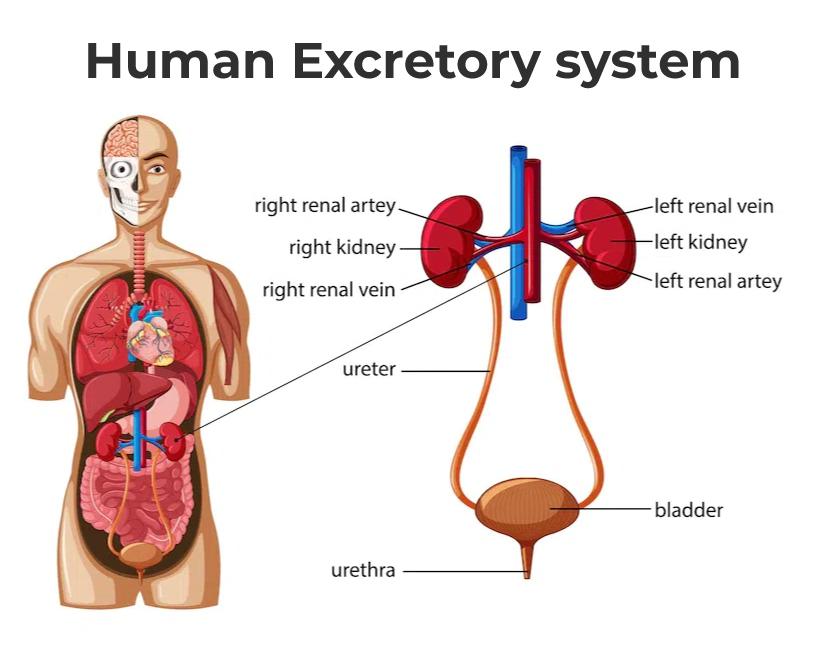
1. The excretory system removes waste products and excess substances from the body.
2. Besides kidneys and bladder, the skin, lungs, and liver are also part of the excretory system.
3. The excretory system helps maintain homeostasis by regulating fluid balance.
4. Waste products excreted include urea, uric acid, excess water, and ions.
5. The excretory system works closely with the circulatory system to filter blood.
6. Fish and amphibians have specialized excretory organs called nephridia.
7. Some animals, like birds, excrete uric acid instead of urea to conserve water.
8. The excretory system also plays a role in regulating blood pressure.
9. In humans, the excretory process begins at the cellular level with waste production.
10. The excretory system helps remove drugs and other foreign substances from the body.
Kidneys – The Body’s Filters
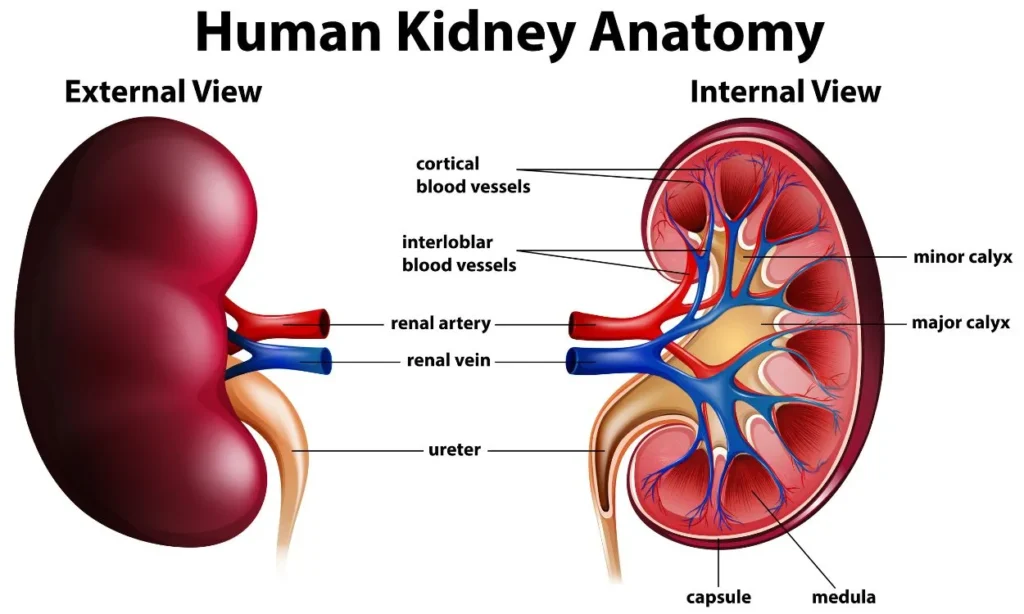
11. Kidneys filter about 180 liters of blood daily, but only produce 1-2 liters of urine.
12. Each kidney is about the size of a fist and weighs around 150 grams.
13. The kidneys produce several hormones, including erythropoietin, which stimulates red blood cell production.
14. Kidney stones are more likely to form in space due to increased calcium excretion.
15. The right kidney is usually slightly lower than the left due to the liver’s position.
16. Kidneys can sense oxygen levels in blood and adjust hormone production accordingly.
17. A kidney transplant can come from a living donor, as we only need one to survive.
18. Kidneys play a crucial role in activating vitamin D for calcium absorption.
19. The blood supply to the kidneys is so important that they receive about 20% of the heart’s output.
20. Kidney function naturally declines with age, starting around 40 years old.
Liver – Detox Powerhouse
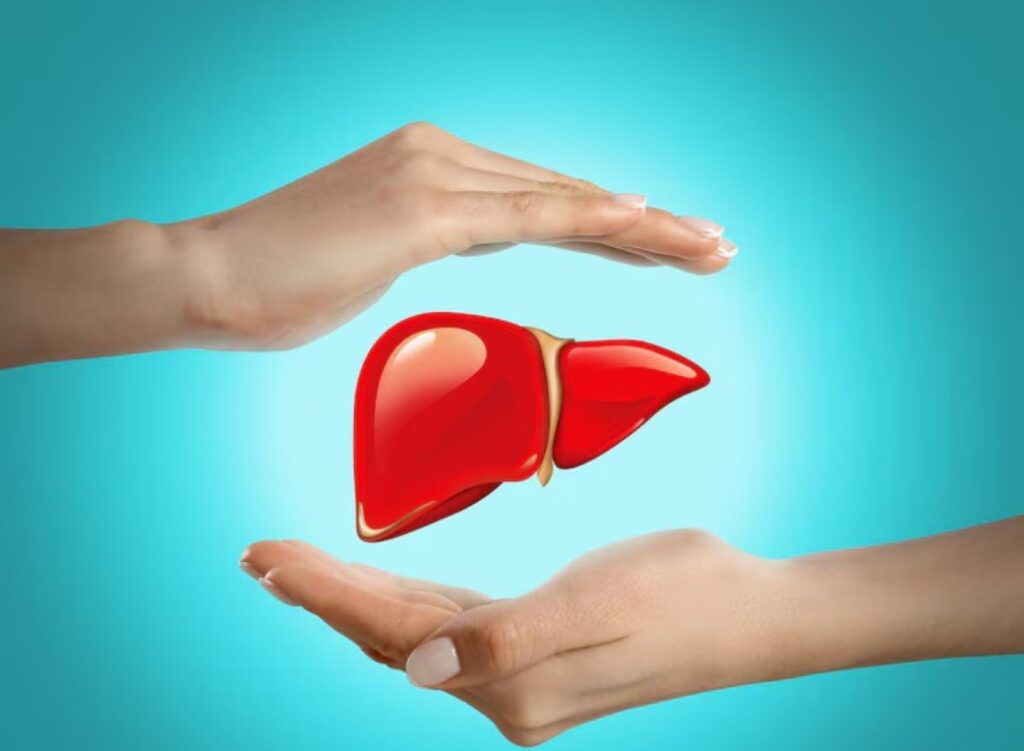
21. The liver produces about 1 liter of bile daily to help digest fats.
22. Liver cells replace themselves every 300-500 days.
23. The liver can store several years’ worth of vitamin B12.
24. The liver performs over 500 different functions in the body.
25. A healthy liver can regenerate to its full size even if up to 75% is removed.
26. The liver contains about 10% of the body’s total blood volume at any given time.
27. The liver helps regulate blood glucose levels by storing and releasing glycogen.
28. Liver cells called hepatocytes can detoxify many substances that would otherwise be harmful.
29. The liver produces most of the body’s cholesterol, not dietary sources.
30. The liver can continue to function even when up to 80% of it is diseased or removed.
Sweat and Skin’s Role

31. An average person has 2-4 million sweat glands.
32. Sweating can help eliminate excess salt from the body.
33. Emotional stress can trigger a specific type of sweat from apocrine glands.
34. Some people have a genetic condition that causes their sweat to smell like fish.
35. Sweat itself is odorless; body odor comes from bacteria breaking down the sweat.
36. The skin can excrete small amounts of urea, a waste product normally handled by the kidneys.
37. Sweating can help eliminate trace amounts of heavy metals from the body.
38. People can sweat up to 10-14 liters per day in extreme conditions.
39. Sweat glands are controlled by the sympathetic nervous system.
40. The ability to sweat efficiently can be improved through regular exercise and heat acclimatization.
Lungs – Breathing Out Waste
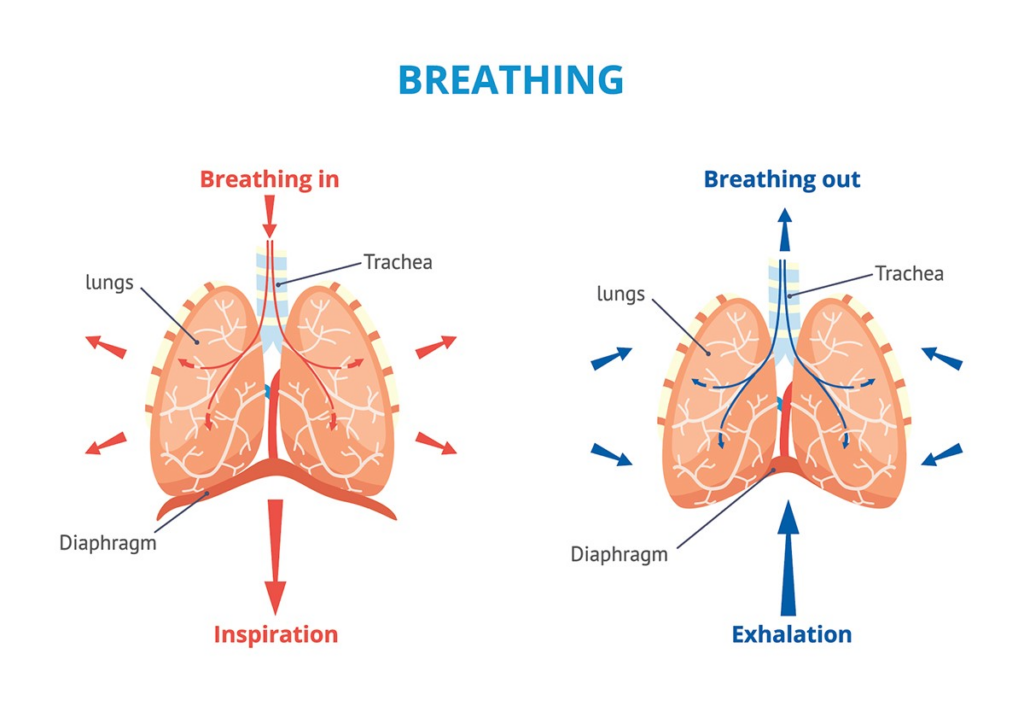
41. The lungs excrete about 450 ml of water vapor per day through exhalation.
42. The total surface area of the lungs is roughly the size of a tennis court.
43. Lungs can detect irritants and trigger coughing to expel them.
44. The right lung is slightly larger than the left to accommodate the heart.
45. Lungs float on water due to the air in them.
46. The lungs excrete small amounts of alcohol, which is why breathalyzers work.
47. Deep breathing exercises can help improve the lungs’ excretory function.
48. The lungs play a role in regulating blood pH by excreting or retaining CO2.
49. Tiny hair-like structures called cilia help move mucus and trapped particles out of the lungs.
50. The rate of CO2 excretion through the lungs can affect the body’s mineral balance.
Bladder and Urinary System
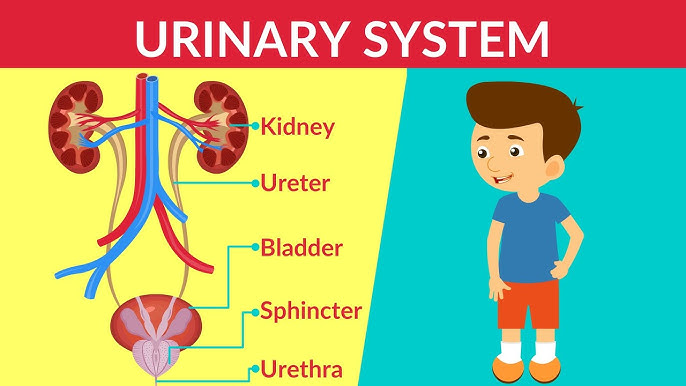
51. The adult bladder can stretch to hold up to 1 liter of urine in extreme cases.
52. Urine production slows down at night, allowing for uninterrupted sleep.
53. The urge to urinate is usually felt when the bladder is about 1/4 full.
54. The urethra in females is shorter than in males, making UTIs more common in women.
55. The muscle controlling urination, the detrusor muscle, is under both voluntary and involuntary control.
56. Urine is about 95% water, with the rest being waste products and excess substances.
57. The kidneys can adjust urine concentration to conserve water when needed.
58. Some medications can change the color of urine to bright orange or blue.
59. The flow of urine helps flush out bacteria from the urinary tract.
60. The pH of urine can affect the risk of developing certain types of kidney stones.
Fun and Lesser-Known Facts
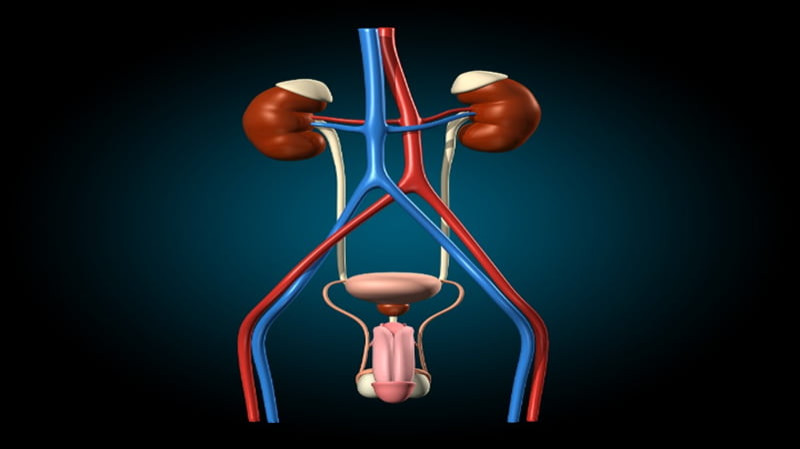
61. Ancient Egyptians used urine as a pregnancy test.
62. Astronauts recycle their urine into drinking water on the International Space Station.
63. Some animals, like kangaroo rats, can survive without drinking water by extracting it from food.
64. The Gila monster lizard stores waste in its tail to conserve water in its desert habitat.
65. Flamingos excrete excess salt through glands near their eyes.
66. Some deep-sea fish excrete a bioluminescent liquid to confuse predators.
67. Dalmatian dogs have a unique uric acid metabolism, making them prone to bladder stones.
68. The platypus excretes waste, lays eggs, and produces milk all through the same opening.
69. Some frogs can hold their urine for up to eight months during hibernation.
70. Tardigrades, microscopic animals, can survive without excreting waste for decades in a dehydrated state.
How Diet Affects the Excretory System
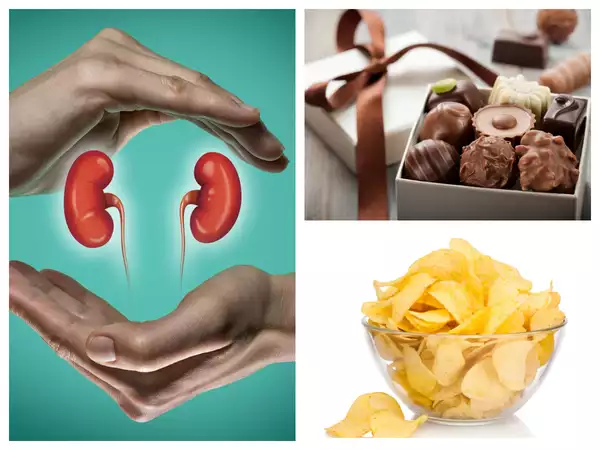
71. Consuming too much salt can increase the calcium excreted in urine, potentially leading to kidney stones.
72. Drinking cranberry juice may help prevent urinary tract infections.
73. Excessive caffeine intake can increase urine production and potentially lead to dehydration.
74. A diet high in processed foods can increase the workload on the liver and kidneys.
75. Eating foods rich in potassium can help balance sodium levels and support kidney function.
76. Excessive alcohol consumption can impair the liver’s ability to filter toxins.
77. A plant-based diet may reduce the risk of kidney disease.
78. Consuming adequate fiber helps regulate bowel movements and supports the excretory function of the intestines.
79. Drinking lemon water may help prevent kidney stones by increasing citrate in urine.
80. Eating foods rich in antioxidants can support liver function and overall excretory health.
Common Myths About the Excretory System
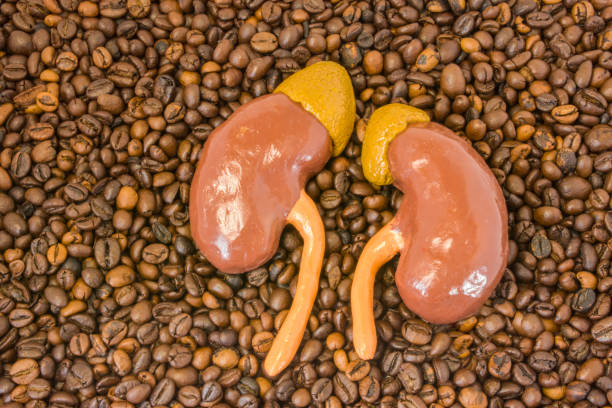
81. Myth: Urine therapy has health benefits (it’s not supported by scientific evidence).
82. Myth: You need to drink 8 glasses of water a day (actual needs vary by individual and activity level).
83. Myth: Holding your pee for too long will make your bladder burst (it’s extremely rare).
84. Myth: Drinking alcohol warms you up (it actually increases heat loss through skin blood vessels).
85. Myth: Cracking knuckles causes arthritis (no evidence supports this).
86. Myth: You lose most body heat through your head (heat loss is proportional to exposed surface area).
87. Myth: Sweating more means you’re burning more calories (not necessarily true).
88. Myth: Antiperspirants are dangerous (no scientific evidence supports this claim).
89. Myth: You can’t get a UTI from a pool or hot tub (you actually can if the water is contaminated).
90. Myth: Drinking your own urine is safe in survival situations (it can lead to dehydration and other health issues).
Conclusion
From the hard-working kidneys to the often-overlooked role of our skin, it’s clear that this system is far more than just a waste disposal unit. It’s a complex network that keeps our bodies in balance.
Why does all this matter? Understanding our excretory system helps us appreciate how our bodies work and can motivate us to take better care of ourselves.
So, what’s next? I encourage you to pay attention to your body’s signals. Stay hydrated, eat a balanced diet, and don’t ignore any unusual changes in your excretory functions. Your body will thank you!
Feel free to share your thoughts or questions in the comments below.
Let’s keep the conversation flowing!

